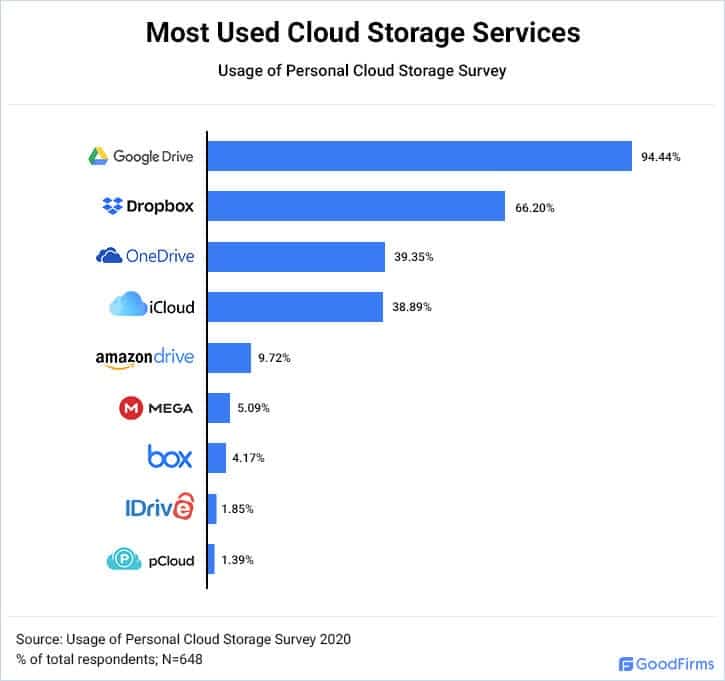How Deep Learning Algorithms Are Powering the Future of Artificial Intelligence
Deep learning algorithms are the engines behind today’s most exciting advances in artificial intelligence. They allow machines to analyze data, recognize patterns, and make decisions with minimal human intervention. From self-driving cars to personalized online experiences, deep learning is reshaping industries and redefining what’s possible in technology. If you’re a tech enthusiast, student, business leader, or just curious about how AI works under the hood, understanding deep learning basics is essential for staying ahead in this fast-moving digital world.
Why Deep Learning Algorithms Are More Powerful Than Traditional Machine Learning
While traditional machine learning models require manual feature extraction, deep learning algorithms automatically discover these features by themselves. This ability to self-learn and improve over time makes deep learning particularly effective for complex tasks like image recognition, natural language processing, and even creative problem-solving. Unlike simpler models, deep learning networks handle massive datasets without losing accuracy, making them ideal for modern applications that demand both speed and precision. This fundamental difference is why deep learning is often the backbone of groundbreaking AI systems.
Understanding the Core Types of Deep Learning Algorithms You Should Know
Deep learning isn’t just one single technique; it’s an ecosystem of different algorithms, each suited for specific types of problems. Convolutional Neural Networks (CNNs) are famous for image and video analysis, while Recurrent Neural Networks (RNNs) and Long Short-Term Memory networks (LSTMs) dominate tasks involving sequences like language translation or speech recognition. Meanwhile, Generative Adversarial Networks (GANs) push creative boundaries by generating realistic images, music, and text. Learning about these types helps you better appreciate how diverse and adaptable deep learning technology truly is.
How Businesses Are Using Deep Learning Algorithms to Stay Competitive
Companies across industries are rushing to integrate deep learning into their workflows to stay ahead. In healthcare, algorithms assist in diagnosing diseases from medical scans faster and often more accurately than humans. In finance, deep learning models predict market trends and detect fraud before it happens. Ecommerce businesses use deep learning for personalized recommendations, while autonomous vehicles rely on neural networks to interpret road environments in real-time. No matter the field, organizations that embrace deep learning solutions are carving out competitive advantages that will define the next generation of industry leaders.
What You Need to Start Learning About Deep Learning Algorithms Today
Diving into deep learning doesn’t require a Ph.D. just curiosity and a willingness to explore. Thanks to the rise of open-source tools like TensorFlow and PyTorch, anyone can start building and experimenting with deep learning models. Online courses, tutorials, and bootcamps offer structured learning paths for beginners and professionals alike. If you’re serious about understanding AI, gaining hands-on experience with deep learning technologies is one of the best ways to future-proof your career and stay relevant in the world of artificial intelligence.
What makes deep learning different from regular machine learning?
Deep learning can automatically extract features from raw data, making it more powerful for complex tasks compared to traditional machine learning.
Is deep learning only useful for tech companies?
Not at all. Industries like healthcare, finance, transportation, and entertainment all use deep learning to drive innovation.
Do I need advanced math skills to start learning deep learning?
Basic understanding of algebra and probability helps, but many resources simplify the concepts for beginners.
What is the best tool for beginners learning deep learning?
TensorFlow and PyTorch are two of the most popular, beginner-friendly frameworks available today.
How is deep learning impacting everyday life?
From facial recognition on your phone to recommendation systems on Netflix, deep learning is embedded into daily technologies.
Ready to unlock the future of AI? Start exploring deep learning algorithms today and position yourself at the forefront of the tech revolution.

